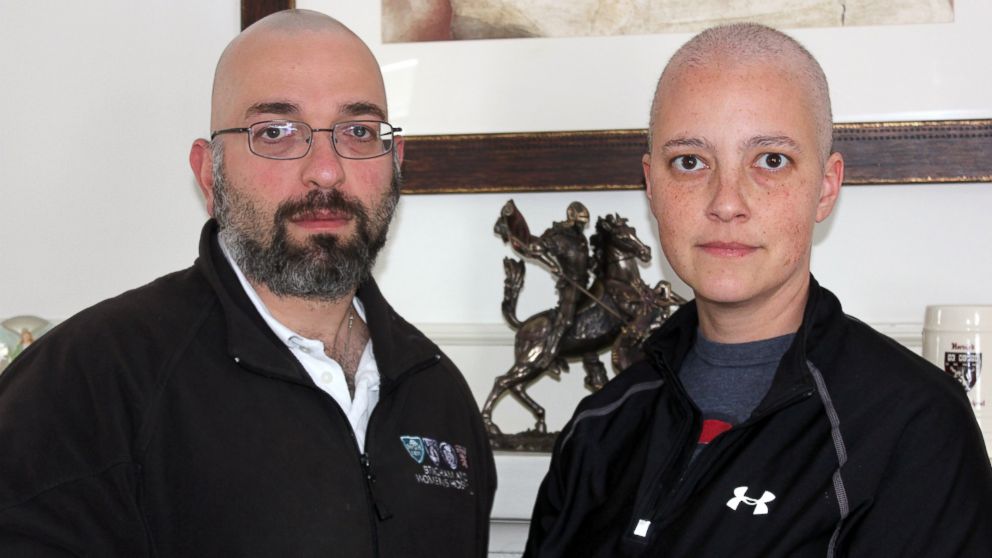FDA Warns Against Hysterectomy Technique That May Spread Cancer
FDA highlights cancer risk with surgical procedure.

April 17, 2014 — -- A Boston couple behind a campaign to stop doctors from performing a controversial surgical procedure is applauding a new U.S. Food and Drug Administration warning against doctors performing the procedure called laparoscopic power morcellation.
The FDA want doctors to stop using laparoscopic power morcellation during the removal of the uterus or uterine fibroids since it poses a risk of spreading unsuspected cancerous tissue beyond the uterus.
The procedure involves a small metal device that shreds tissue, in this case fibroids or the uterus, which is then removed through a small incision in the abdomen. The surgical technique came under scrutiny last December after two cases came to light where the women undergoing the procedure had undetected cancer cells spread through their body during the surgery.
Read More About the FDA Warning
One of those cases involved Dr. Amy Reed, 41, an anesthesiologist at Beth-Israel Hospital in Boston. Reed underwent a laparoscopic hysterectomy morcellation last fall. During the procedure undetected cancer cells were spread through her abdomen. A few days after her surgery she was diagnosed with a stage IV cancer called leiomyosarcoma.
According to the FDA statement, approximately 1 in 350 women who are having a hysterectomy or myomectomy (to remove uterine fibroids) have an undetected type of cancer called uterine sarcoma. The morcellation of this tissue could lead it to spread throughout the abdomen.
Since her diagnosis, Reed and her husband Hoorman Noorchashm, a surgeon at Brigham and Women’s Hospital in Boston, have launched a campaign to get doctors and hospitals to stop using the procedure including a Change.org petition with nearly 8,000 signatures and meeting with politicians and writing to different gynecological and surgical organizations in the medical community.
Noorchashm said he has been disappointed with some initial reactions from hospitals and medical staff but called the FDA decision a “major step forward.”
“The major accomplishment is going to be 10 years from now when Amy is cancer-free,” said Noorchashm. “What helped here was the sheer magnitude of the truth here…I just didn’t stop. I’ve been generating somewhere between three to ten emails a day since November.”
Since Reed’s diagnosis, two medical articles have been published in the Journal of American Medical Association questioning the safety of the procedure.



